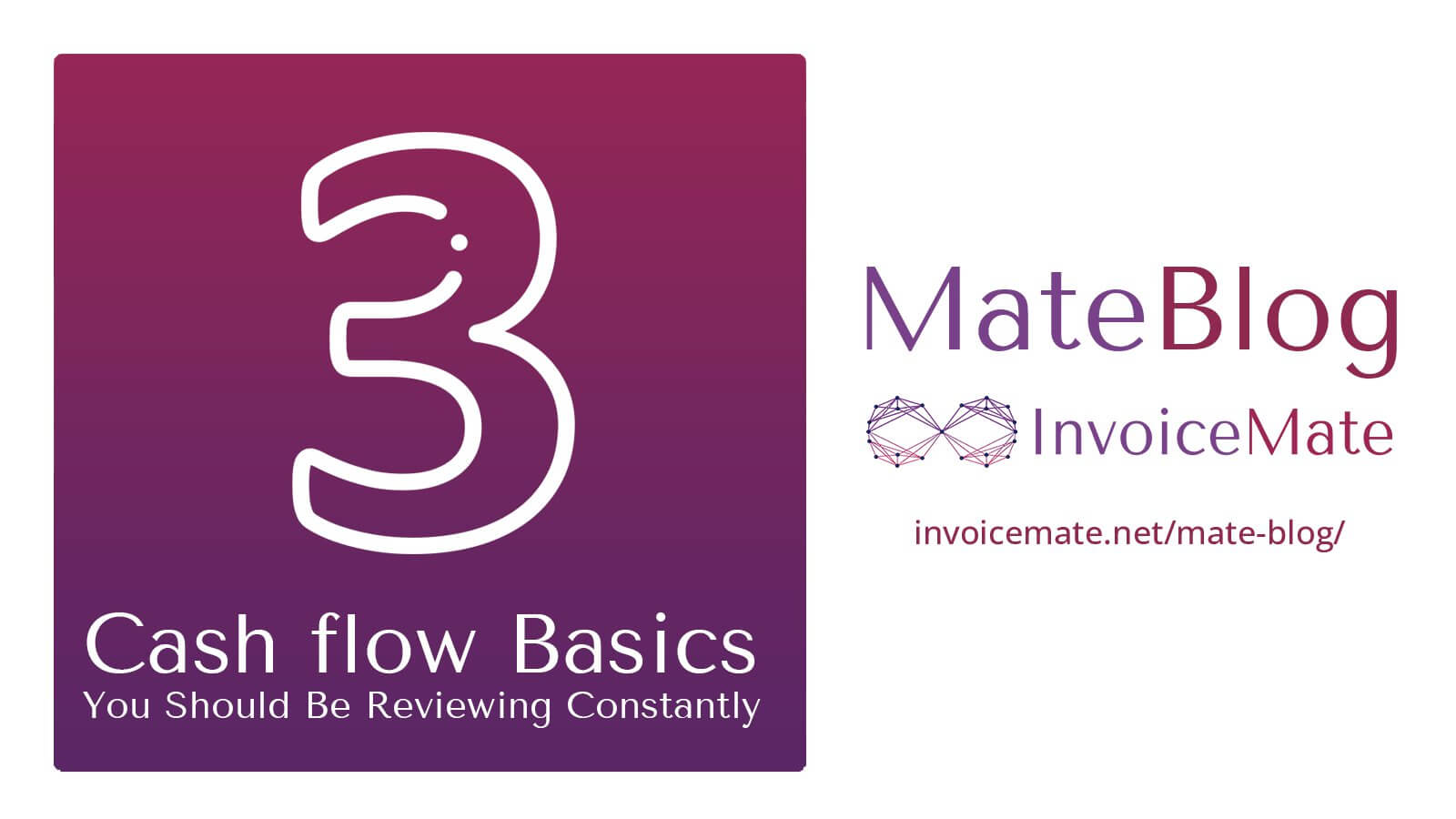Connect With Us

Cash flow is the lifeline of a business. Any business irrespective of its size or volume runs its day-to-day operations with cash. Though businesses heavily rely on credit. Cashflow is a composite term that describes the overall state of the amount transferred in and out of a business.
Cash Flow
According to Investopedia “ The term cash flow refers to the net amount of cash and cash equivalents being transferred in and out of a company. Cash received represents inflows, while money spent represents outflows.”
So the cash flow is dependent on two factors
-
Inflow
-
Outflow
Inflows
Inflows represent the cash being received by the business. Inflows are attributed as revenues. It can include sales income, interest, income on investments, and any other income that the business earns. If the inflows are higher than the outflows, the situation is known as positive cash flow. Positive cash flow is a good omen for business and represents the better health of the business.
Outflows
Outflows represent the cash being paid by the business. Outflows are the expenses and payments. It includes purchases payments, interest payments, or any other payments made by the business. If the outflows are higher than the inflows, the business is in a negative cash flow state. A negative cash flow represents the poor health of the business and is a negative sign at that particular moment.
Cash Flow Basics
Understanding cash flow is very important for any business. It helps in assessing the overall state-of-affair of a business over a short period. It represents the liquidity state of the business. It is also a very vital component of financial analysis.
Let’s take a look at some basic cash flow factors that make it very important for a business to always keep an eye on.
Types of Cash Flows
There are three basic categories of cash flows.
-
Operating Cash Flows
-
Investing Cash Flows
-
Financing Cash Flows
Operating Cash Flows
Operating cash flow, also known as Cash flow from operations (CFO) represents the cash or cash equivalent flows directly resulting from the production and sale of goods through regular operations. Operating cash flow tells whether a business has sufficient funds inflow in to pay its operating expenses like bills etc. Simply put, for a business to remain financially viable in the long run, the operating cash inflow needs to be greater than the cash outflow of the business.
To calculate the CFO, cash operating expenses are subtracted from the cash received from sales for that period. It indicates whether a company can manage its expenses from the available resources or they need financing to expand the capital. Therefore the management always needs to keep an eye on operating cash flows to know the operational financial situation.
Investing Cash Flow
Investing cash flow or Cash flow from investing (CFI) represents the amount of cash generated or spent from different investment-related activities of the business in a certain period. These activities include sales and purchases of speculative assets and investment in securities.
Negative investing cash flow is not always due to a loss as it is usually residing in the long-term investment and a statement of a shorter period may not always reflect the actual investment situation.
Financing Cash Flows
Financing cash flow also known as Cash flows from financing (CFF) represents the net flows of cash that is used to fund the business and its capital. These financing activities include transactions involving issuing debt, equity, and dividend payments.
Monitoring the financing cash flow gives investors with insight into a company’s financial strength and capital structure management of the company.
Reviewing all these types of cash flows is very vital to get an insight into a business in both the short and long terms. If a business doesn’t have a proper cash flow analysis, it can be caught in an awkward situation during its routine operations. It can also create a negative perception of a business in the eyes of both internal and external stakeholders. Investors will always look for the cash flow analysis before making any investment decision.
Invoice management is very important for proper cash flow management. Accounts payable and accounts receivable both have their direct impact on the cash flows of a business.
InvoiceMate by MateSol is the next-generation invoice management system. It is the first invoice management system based on blockchain. InvoiceMate offers the greatest level of trust and efficiency for the whole invoice ecosystem. To experience the product or to know more about the future of invoice management, please feel free to write us at:
